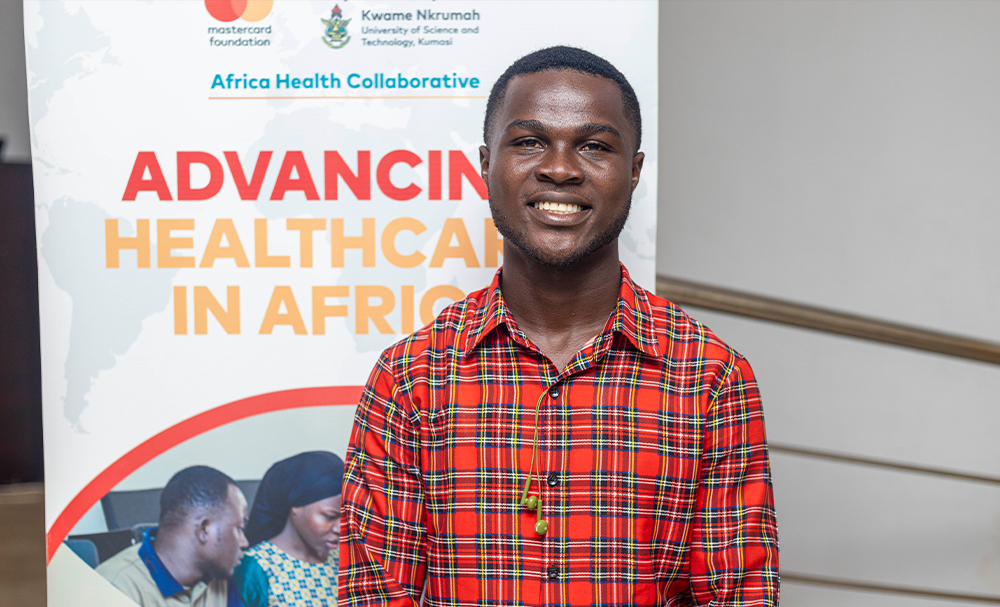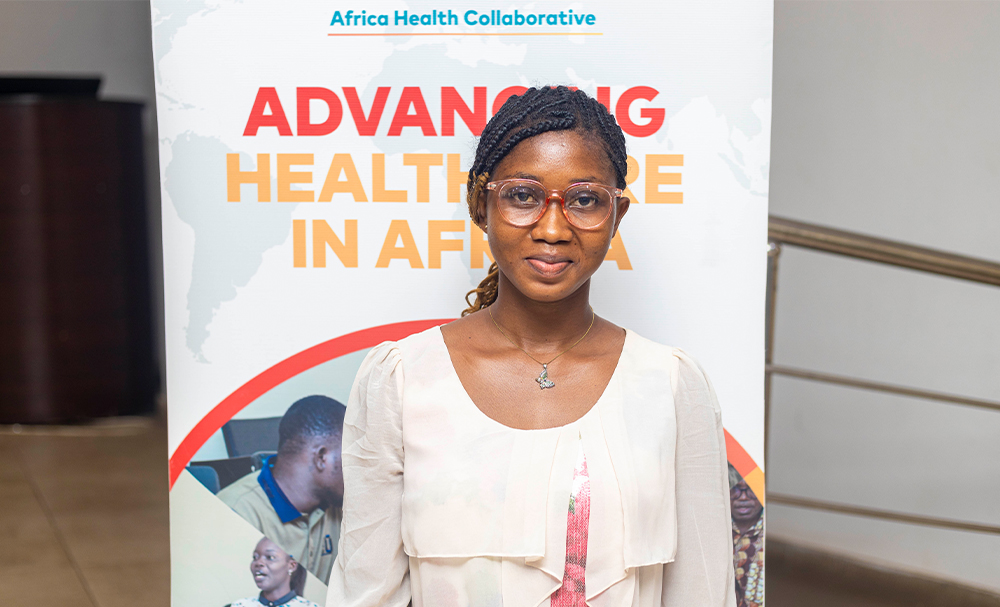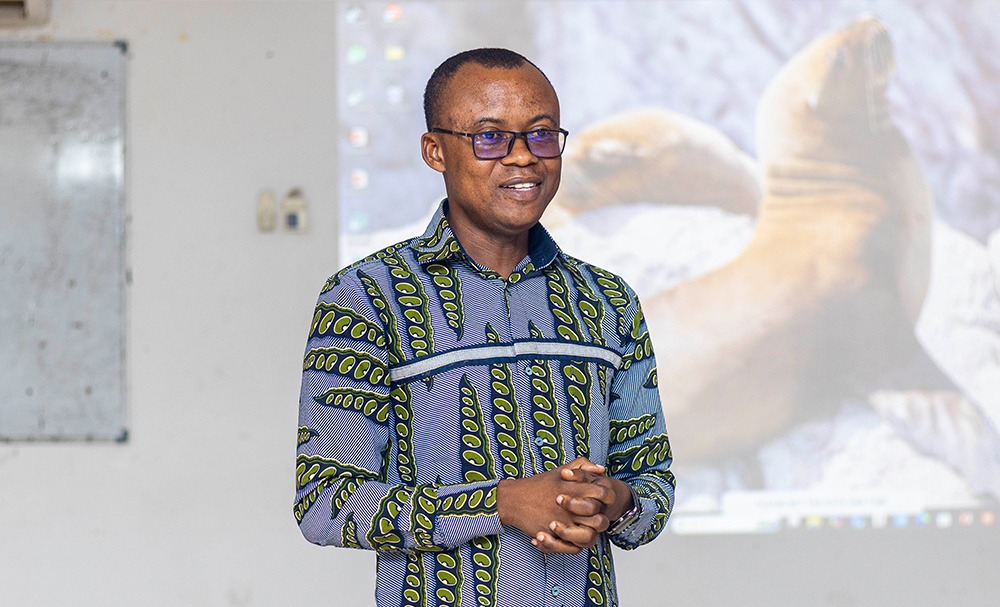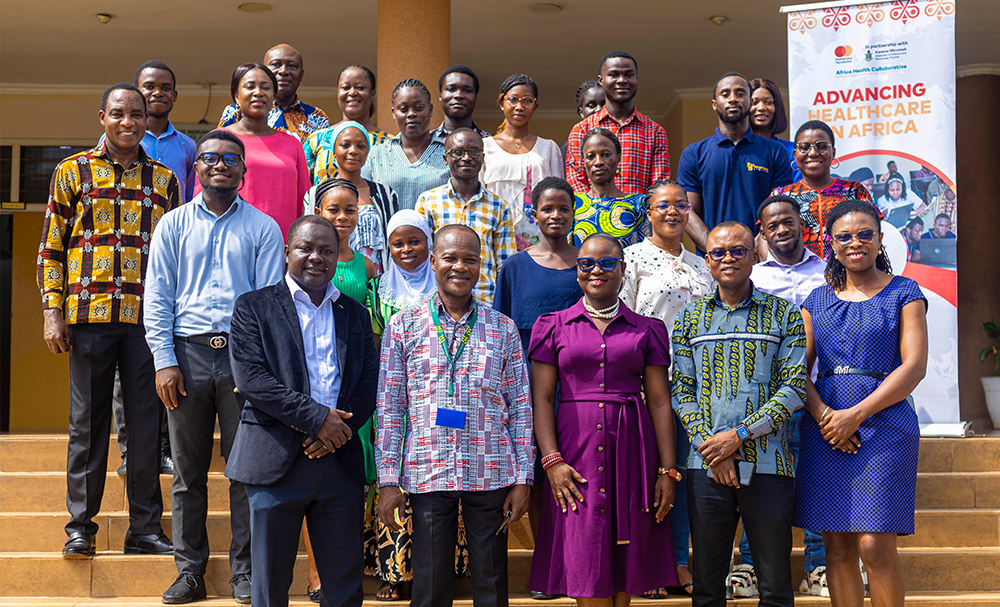The Medicine Counter Assistant (MCA) training programme, by Africa Health Collaborative in partnership with the Mastercard Foundation equips young Ghanaians, especially Persons with Disabilities with practical pharmaceutical knowledge, hands-on experience, and communication skills, including sign language to promote safer healthcare delivery at the community level. For participants in the second cohort like Awittey Abel Elikplim and aspiring nurse Priscilla Boateng, the programme is a vital step toward making meaningful change in Ghana’s health ecosystem
The issue of wrong medication dispensation is not just a statistic, for 22-year-old Awittey Abel Elikplim, the it’s a deeply personal concern. Motivated by the desire to help curb this persistent and often dangerous challenge, Awittey has always dreamt of contributing to a safer, more accurate healthcare system.

“Wrong medical prescriptions have been a major global problem,” he stated. “So, I knew that gaining the right knowledge in pharmaceutical dispensing would be crucial to making a difference.”
That opportunity came through the Medicine Counter Assistant (MCA) Training Programme, an initiative of the Africa Health Collaborative in partnership with the Mastercard Foundation. The programme aims to equip young people with foundational pharmaceutical skills to support safe medication use, particularly at the community level.
“When I came across this programme, I immediately knew it was the right step toward fulfilling my dream of changing the narrative,” Awittey added.

Among the 15 selected participants is Priscilla Boateng, an aspiring nurse. For her, this training is not just a stepping stone but a vital complement to her career ambitions.
“I believe this knowledge in medicine counter practices will give me a broader understanding of drug use and patient care, which will certainly enhance my effectiveness as a future nurse,” she shared.
The Medicine Counter Assistant course offers a comprehensive curriculum covering modules such as Ghanaian Sign Language for Health Communication, Industrial Pharmacy, and Entrepreneurship. These modules are designed not only to provide technical skills but also to foster inclusive and innovative health service delivery.
A key component of the training is a three-month mandatory internship at designated health facilities, allowing participants to gain hands-on experience and practical exposure to real-world pharmacy operations.

This programme falls under the Health Ecosystem pillar of the Africa Health Collaborative, led by Dr. Joseph Owusu, and is implemented in collaboration with the Faculty of Pharmacy and Pharmaceutical Sciences at KNUST.
Prof. Samuel Asare-Nkansah, Dean of the Faculty, encouraged participants to make the most of the opportunity. “The knowledge and skills you will acquire are an investment,” he emphasized. “Let it not go to waste. Be intentional, be committed, and you will make a lasting impact.”

















